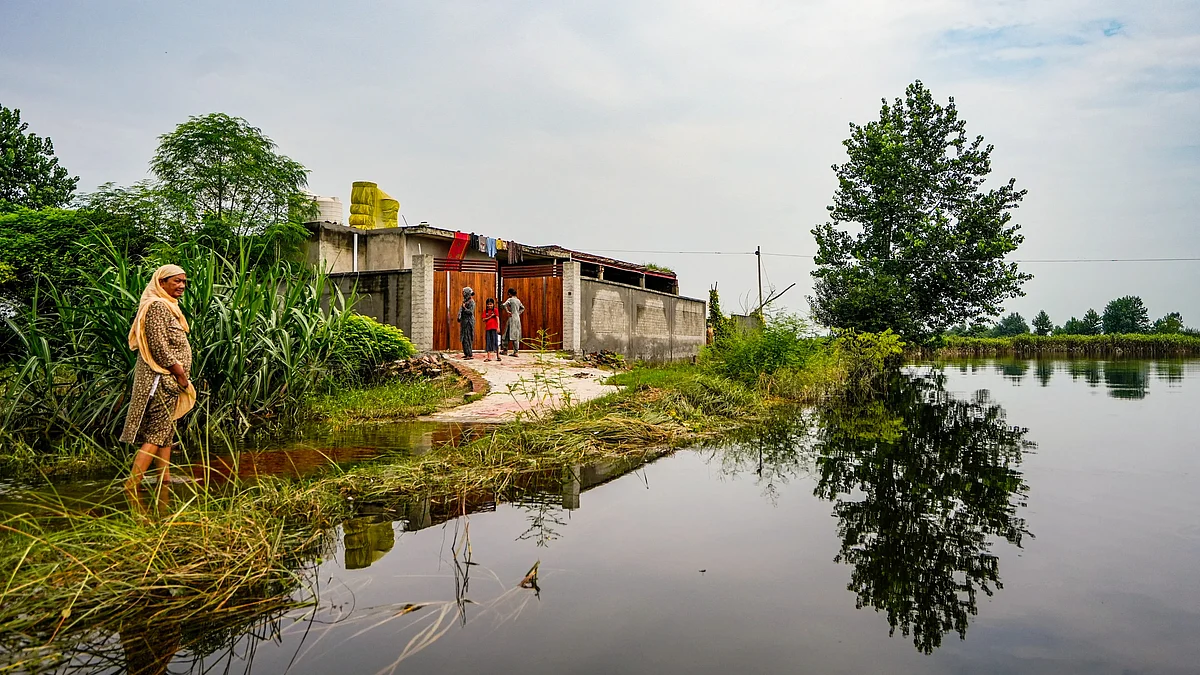Punjab becomes accidental testing ground for flood-resistant maize
Natural disaster significantly accelerates what would normally be a multi-year process of controlled trials

The devastating floods in Punjab have inadvertently turned parts of the state into a real-world testing ground for flood-resistant maize, offering valuable data to scientists aiming to rehabilitate 1.9 lakh hectares of damaged farmland.
The International Maize and Wheat Improvement Center (CIMMYT) had already been conducting trials of 10 hybrid maize varieties at its Ludhiana site when the floods hit, inundating farmland across 1,400 villages. Among the trial crops, four hybrids had been specifically developed for water-logging tolerance.
“God is testing those hybrids,” said Dr B.M. Prasanna, managing director of Borlaug Institute for South Asia (BISA), speaking to reporters. “Within a few weeks, we will come to know the difference between a water-logging tolerance hybrid from a susceptible hybrid.”
The flooding occurred just two weeks after Punjab’s additional chief secretary reached out to CIMMYT-BISA, seeking the development of improved maize hybrids with three key characteristics: tolerance to water-logging, resistance to the fall armyworm pest, and improved water-use efficiency for summer planting, Prasanna noted.
This natural disaster has significantly accelerated what would normally be a multi-year process of controlled trials, providing on-the-ground validation that could be instrumental in supporting the state’s agricultural recovery.
“We are going to have to respond faster, quicker, because the weather patterns, the climate impact, the different challenges come faster and are more unpredictable,” said CIMMYT director-general Bram Govaerts.
Insights gained from the flood-affected trial plots are expected to shape discussions at the upcoming ‘Dialogue Next’ conference, hosted by the World Food Prize Foundation. The event will bring together agricultural experts and policymakers to explore climate adaptation strategies for South Asia’s farming sector.
Punjab’s flooding has impacted several districts, including Gurdaspur, Kapurthala, Ferozepur, and Amritsar. Government figures estimate that over 1.75 lakh acres of agricultural land have been submerged.
With agency inputs
Follow us on: Facebook, Twitter, Google News, Instagram
Join our official telegram channel (@nationalherald) and stay updated with the latest headlines
